10 Foods You Should Never Dehydrate
When you’re using your dehydrator to dehydrate different foods, you’re doing something that is really important as you store and save them for a later time. This is a critical step for you and your family to have quality food ready when an emergency takes place in your area. While the dehydrator is one of the most convenient pieces of equipment to use when you want to avoid waste and keep food from going bad, there are certain foods and beverages you should never attempt to dehydrate.
If you’re not sure which foods are best to avoid, check out this list of the foods that aren’t worth dehydrating, along with the reasons why it’s not worth trying. In case you missed this post, How To Dehydrate Zucchini-Sliced & Cubed
10 Foods You Should Never Dehydrate
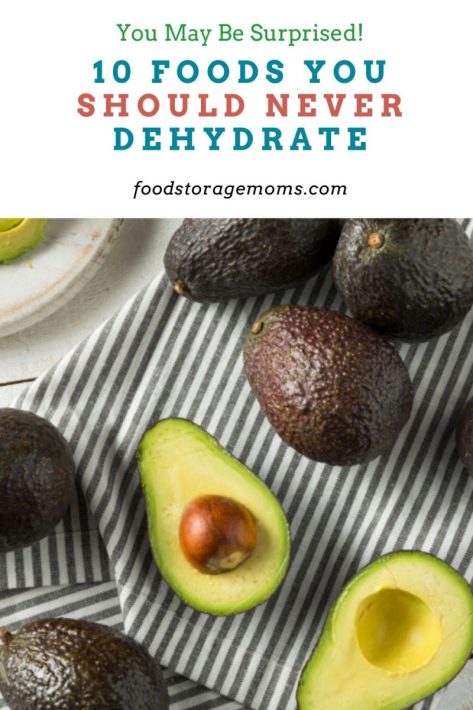
1. Avocado
Unlike most fruits and veggies, avocados contain fatty acids. While these fats are the good kind for your overall health and well-being, they’re not the kind of food you should ever attempt to dehydrate. During the dehydration process, the avocado slices will turn leathery and have a bad taste.
In addition, it can make it hard for you even to enjoy eating the avocado that you’ve attempted to save. So, if you don’t want your avocado to go bad, the best thing to do is chop it into pieces, put it in a freezer bag, and keep it frozen.
2. Butter
The fat content in butter makes it hard to dehydrate. Although it’s possible to put it in the dehydrator, the flavor won’t remain the same, and the texture of the butter isn’t going to turn out well. As a result, you’ll notice that butter doesn’t dehydrate properly like many other foods.
If you want to have butter for emergencies, it’s a good idea to purchase real powdered butter. It has a long shelf life, tastes excellent, and is always good to have in your stockpile of food. And don’t forget, you can freeze butter! You can also buy the brand, Red Feather Butter which is commercially processed.
3. Different Types of Fatty Meats
Like avocados and butter, fatty meats contain way too much fat for proper dehydration, making it challenging to dehydrate them at all. Avoid any fatty cuts of pork, beef, or chicken because you’ll struggle to dehydrate them and you won’t enjoy the end product when it comes to eating them later. Instead, choose lean meats that you can quickly dehydrate and keep for a later time, such as lean ground beef, lean ham, pressure-cooked chicken, and shrimp.
4. Milk
Attempting to dehydrate milk will leave you feeling frustrated. It doesn’t work out well. While the thought of saving milk may leave you motivated to give it a try, you’ll quickly find out that milk doesn’t dehydrate as well as you’d think, ultimately making it a real challenge to drink when rehydrated later.
If you’d like to have milk stored away that won’t expire so quickly, consider buying powdered milk. It may not taste as great as fresh milk, but it’s great to have during emergencies. And don’t forget you can freeze milk, just leave room for expansion in the bottles.
5. Soda and Other Carbonated Beverages
Another liquid that you should avoid adding to your dehydrator is soda. It really doesn’t dehydrate well at all. You can put it in the dehydrator, but you shouldn’t expect great results from the effort because of the excess sugar and other ingredients used to prepare it.
If you’d like to have flavored beverages for emergencies, it’s much better to buy flavored syrups that you can add to carbonated water. Not only is it the healthier option, but it stores well and has a longer shelf life. There are also dozens of powder flavorings available to store easily and add to water when needed.
It’ll save you time and keep you from dealing with a mess caused by attempting to add soda to your dehydrator.
6. Peanuts
While it’s possible to dehydrate nuts, and there are people who do it because they like the taste, peanuts will lose a lot of their nutritional value in the process. So if you’re trying to save and store peanuts because you want to have healthy ingredients available to you and your loved ones in emergencies, you shouldn’t dehydrate them.
If you like how they taste when dehydrated, you can still put them in the dehydrator, but don’t expect to get the same nutrients and vitamins that you’d get from regular peanuts. Plus they have so much fat in them they can become rancid very quickly. Just freeze nuts, you’ll be a lot happier.
7. Ketchup and Other Condiments
If you dehydrate ketchup, you’re going to have sheets of ketchup that look like leather. It won’t taste the same or add the same touch that it usually does when used on hamburgers, hotdogs, and other foods. Unfortunately, it’s not the only condiment that doesn’t have the best taste or texture when dehydrated.
Several other condiments won’t turn out so well, including mayo and mustard. If you’re looking for a way to have sauces that will taste good and last long, look into powdered versions of your favorites. If the powdered versions are easy for you to find, I’d chose that approach since you will enjoy them much more and you won’t spend the time and effort that goes into a dehydration project.
8. Olives
Sure, you can put olives in your dehydrator and even dehydrate them, but what’s the reason for it? It’s only a waste of time. Most olives have a long shelf life when placed in glass jars and stored in ideal temperatures. Choose a cool, dark spot for your jars of olives to keep them fresh and tasting their best. Don’t waste your time adding the olives to your dehydrator!
9. Orange Juice
Dehydrating orange juice or any other type of juice is a complicated process that likely won’t work out well. If you’re trying to save juice, consider canning it. You can put it in jars and complete the canning process to extend its shelf life. You might even want to freeze some of your juice to save it until you’re ready to use it.
The most appropriate approach to dehydrating most fruits that are used for juices is to dehydrate the fruit itself. Check out my fruit dehydration posts in my archive.
10. Cheese
You shouldn’t attempt to dehydrate any cheese, whether it’s American, Swiss, or even sharp cheddar. It’s not a good idea to dehydrate dairy products because it can alter the taste of these products and potentially cause you to get sick. It has way too much fat! It’s not worth the risk!
As you can see from most of the comments above, shy away from trying to dehydrate any foods that are high in fat content. Look for foods that have a high water content since removing water is what dehydrating is all about
My Favorite Dehydrator: Excalibur Dehydrator
Final Word
While there are plenty of great foods to dehydrate, including strawberries, chicken, green beans, and so much more, these are ten foods you should never attempt to dehydrate. Whether it’s a waste of time, a health risk, or simply impossible, be sure to avoid adding these items to your dehydrator.
Rather than wasting time and money, you can find other ways to conveniently store and preserve these food items to extend their shelf life. Dehydrating foods the most effective way to keep food for longer periods and save money simultaneously, as long as they are foods that fit the dehydration process efficiently. May God Bless this world, Linda
Copyright Images: Avocados Deposit photos_190822484_s-2019

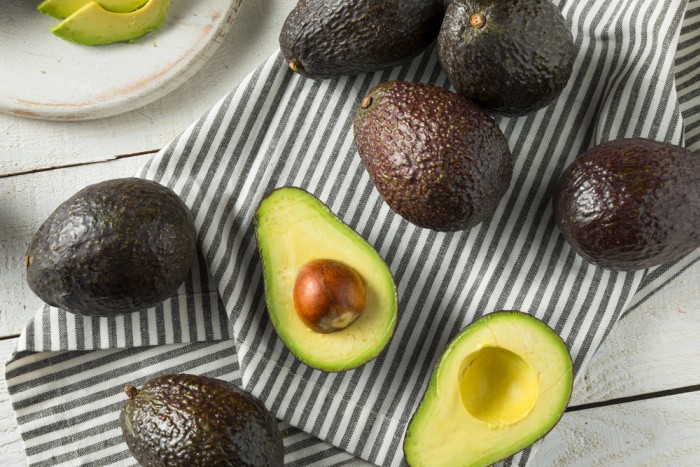

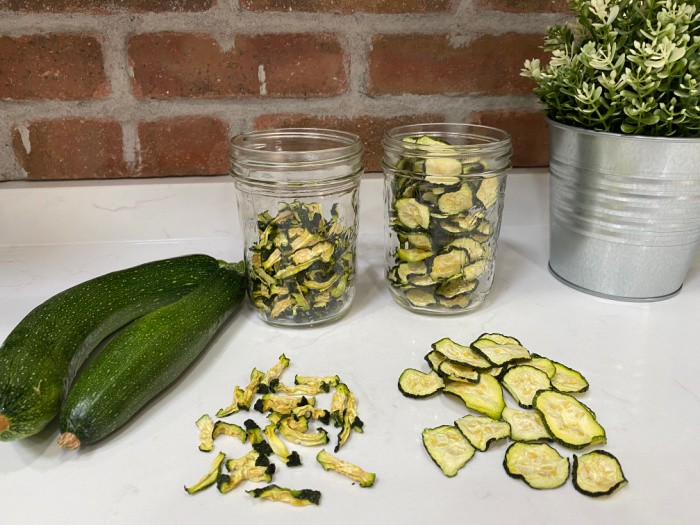
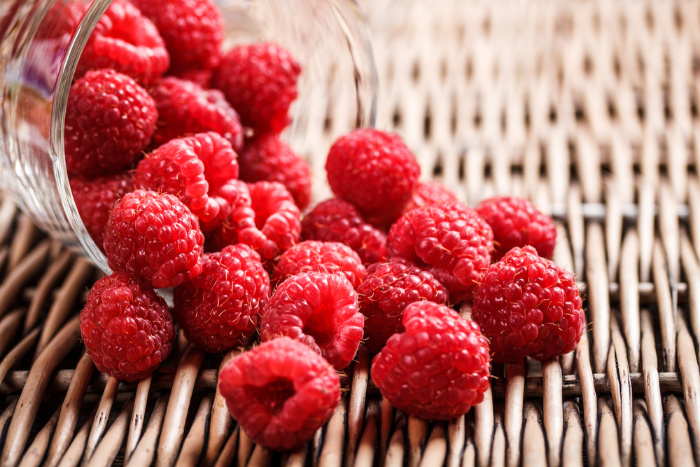
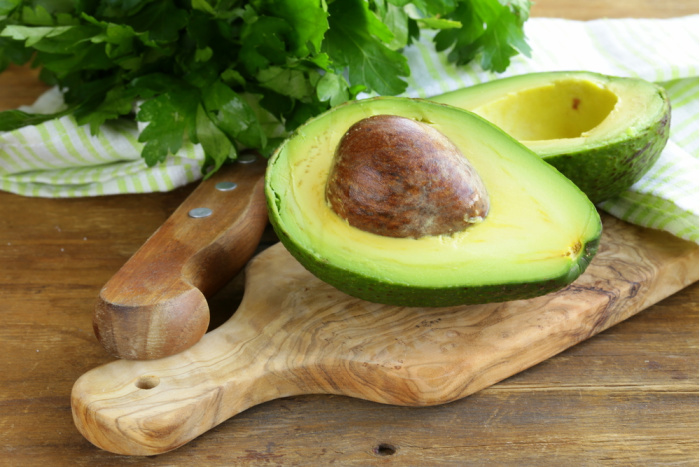

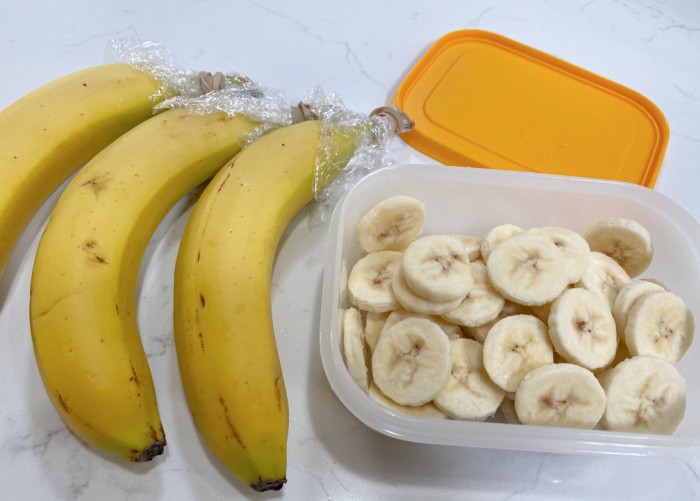

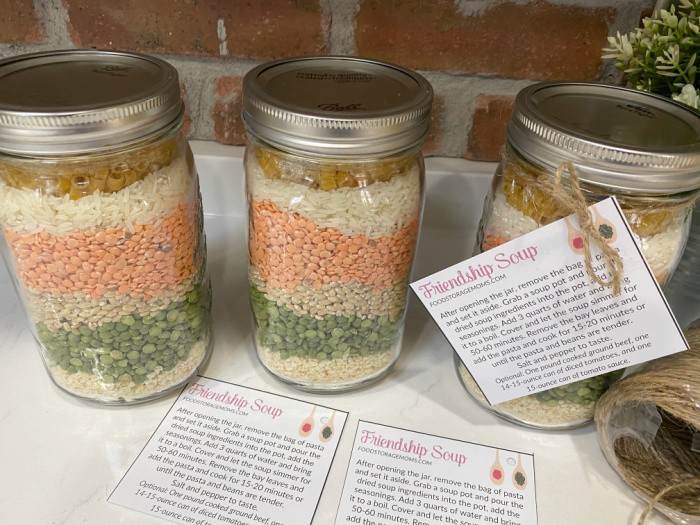
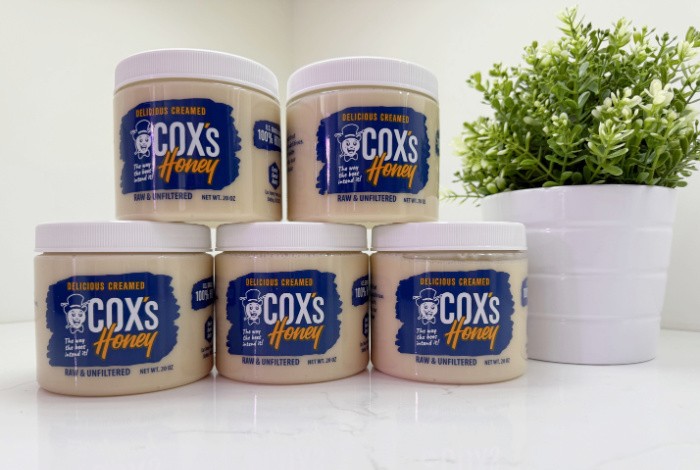
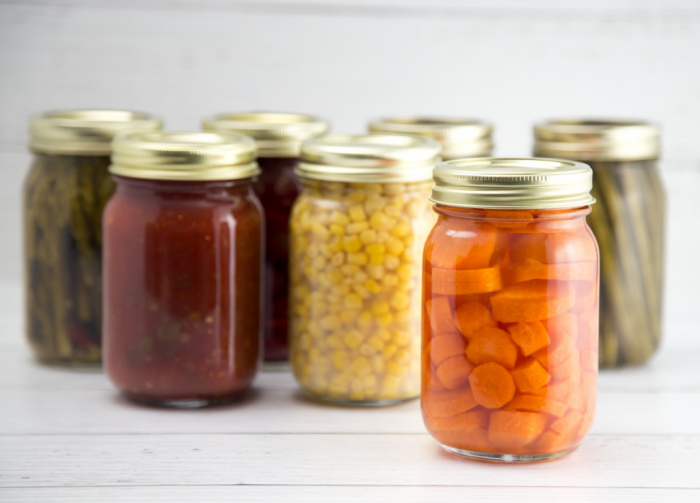



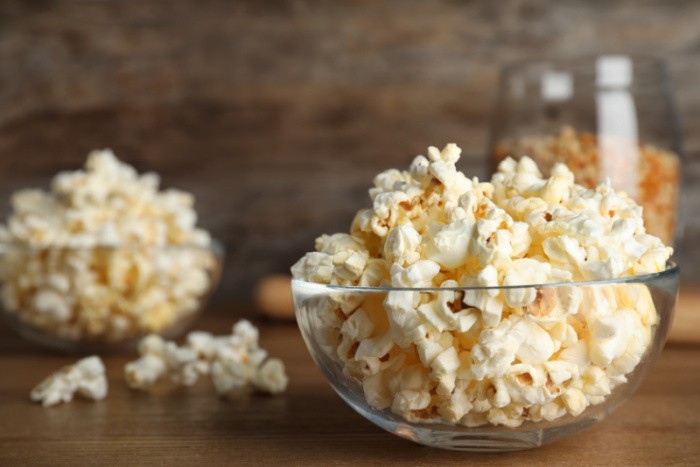
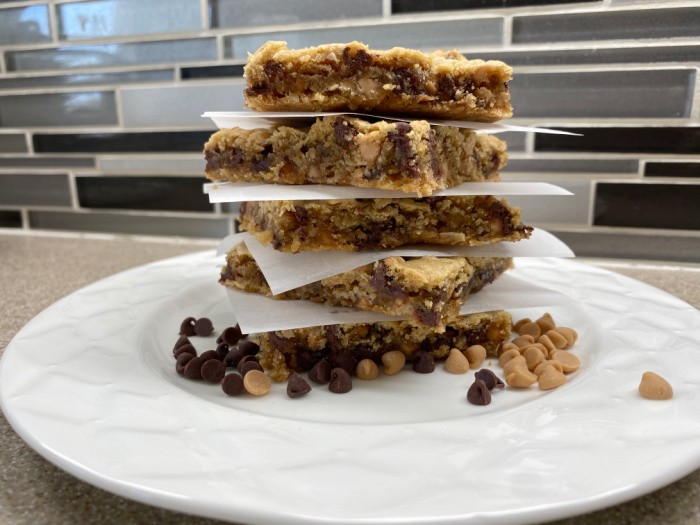
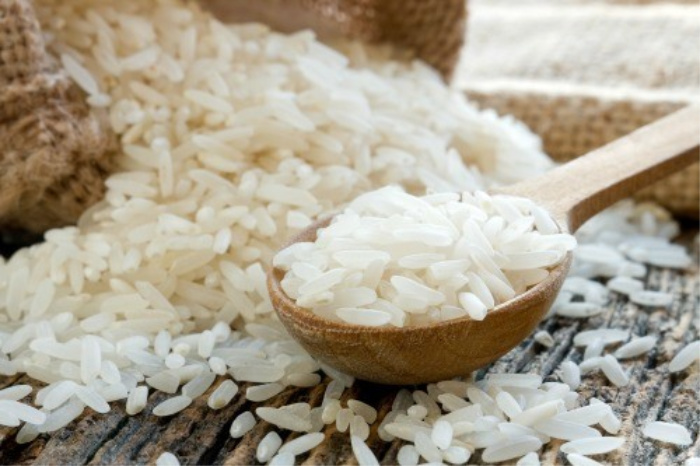
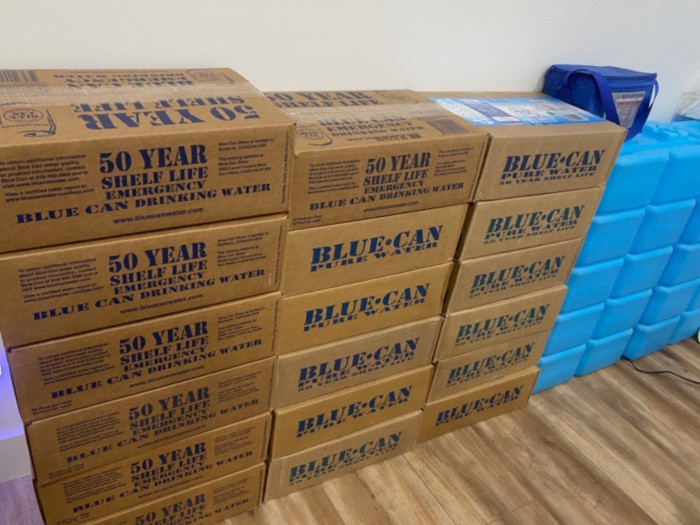
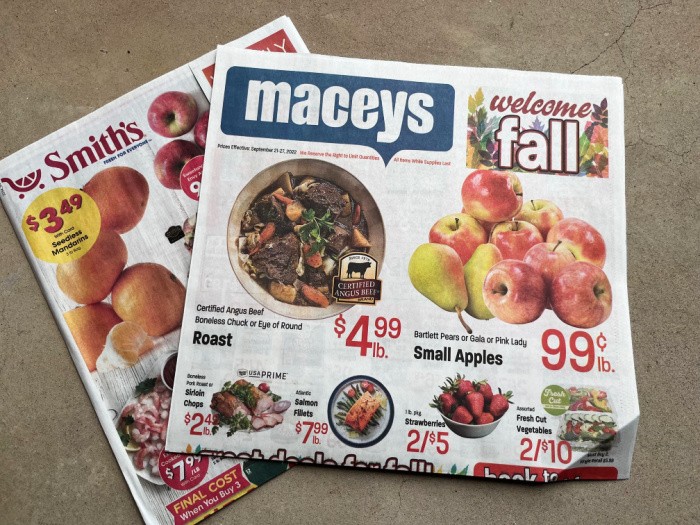


Hi Linda, great post! I do take exception to one word, though…the “real” before powdered butter…it may be okay for baking, but is not real butter. There is a canned real butter, I think the brand is red feather, but it is very expensive and small cans. Have a great day!
Hi Jan, yes, I have several cans of Red Feather butter. This post was letting people know what WE cannot dehydrate at home. Thankfully, we can buy commercially processed butter. It is very expensive, I agree. That’s why I have not bought anymore in years!! Thank you, Linda
Linda,
Regarding Milk: All milk purchased from a store is pasteurized but some companies make shelf stable milk (UHT Milk) that doesn’t require refrigeration and lasts a long time. Also, there have been great strides made in the taste of powdered milk so don’t give up on them. I go into greater detail on this subject in my book. In addition, fresh from the store milk can be frozen for long term storage. My wife and I did that last year when grocery store shelves were bare. For those who don’t have the room or desire for a cow, milk goats are a viable alternative for fresh milk.
Hi Ray, yes, I should add we can freeze milk, thank you. I just want people to be safe when they dehydrate their own food. I love your book! Linda
We discovered last year when there were shortages that organic milk has a really long expiration date, I believe because it’s ultra-pasteurized. I was able to buy a couple of half gallons at at time and the milk would stay fresh in the fridge 3x as long as regular milk and lasted long enough for us to find more before we ran out.
Hi Kay, wow, this is good to know! If people can store organic milk longer, this is a game-changer! Thank you, Linda
This is a wonderful post. It’s good to know what you can and can’t do for dehydrating. But what gets me, and I know you’re just bring these items to peoples attention, is; who in the world would try to dehydrate these items. Just reading it made me laugh. I’m not a dehydrator, but am seriously thinking of becoming one. I’m slowly learning that there are benefits to dehydrated food storage, for snacks and cooking with them when you don’t/can’t run to the store for ingredients. I am grateful to you for all this information for someone like me, a novice at everything concerning these subjects.
Pamela Donahue
Hi Pamela, I love to dehydrate food. My post tomorrow is about Fruit Powders. The following Sunday will be Vegetable Powders. You can make powders out of dehydrated foods. Thank you for your kind words, Linda
I’ve read about being able to do this, great idea. I’ll wait for your next post.
Next; get a dehydrator. Thanks. TTYL
Thanks for reposting this, Linda.
As I read the post, one recurring theme is fat! I have been dehydrating for years (well, haven’t for sometime now but that is a long story)!! One thing that I learned, especially when making jerky in the dehydrator is that you want the leanest meat that can be found – in other words, no fat! Fats go rancid quickly and really destroy all your hard work. And, who wants to dehydrate things then have to store them in the freezer – sort of defeats the purpose.
HI Leanne, it has to be the leanest meat for sure. Fat is an enemy for dehydrating and canning. Great reminder! Linda
Hi Linda,
I love your newsletter and have been a subscriber for a long time. I have to say, I’m becoming increasingly frustrated with all the advertisements, that sometimes overlay the content of your newsletter, and make the page jump all over the place. It does not scroll smoothly and most of the time, while you are pausing to read a paragraph or more, it jumps out of view. holding the scroll bar to keep that from happening is painful for arthritic hands and fingers. I’ve had this problem with your page for some time now, and wondering if there is someway that it can be overcome. I’m about ready to give up reading your information and feel it is probably influencing others that need the information even more than I do. I’ve been a firm believer in storage and being prepared for years. I would hate to see newcomers be put off with this issue. They NEED your advice. I just keep up for new information, or a reminder of something I can do differently. Thanks for what you do. I hope the jumping page and horribly distracting ads can be solved. I’m a fan of yours, just not of “them”.
Linda W.
Hi Linda, thank you for letting me know about your frustration, I totally understand. My blog costs a lot to run each month so I have to have ads to cover the expenses. BUT, you can BLOCK the ads. What browser are you using? It depends on if you are using an iPad, Laptop, or phone. I’m not really techy but I know you can block all ads on your computer. Let me know what your using, I use Chrome and a laptop. Here’s the deal I am not techy but my grandsons know how to help me when I have a computer issue. Let’s see if we can block the ads on your device. Thank you for asking, Linda
Linda, I LOVE your comment about your grandson and computers. Even at the age of 6, Noah would roll his eyes, take the tablet out of my hands and say “Let me do it grandma”!!!!!!
HI Chris, oh this is the best, those little grandkids know how to work the tablets and the phones! Thank goodness! 6 years old, I love it! Linda